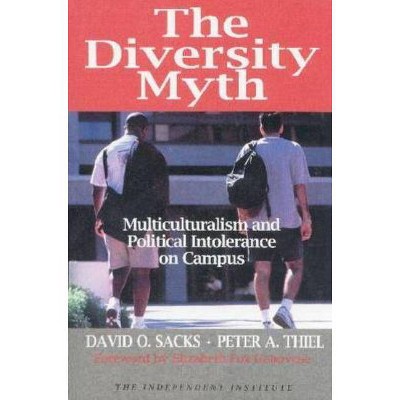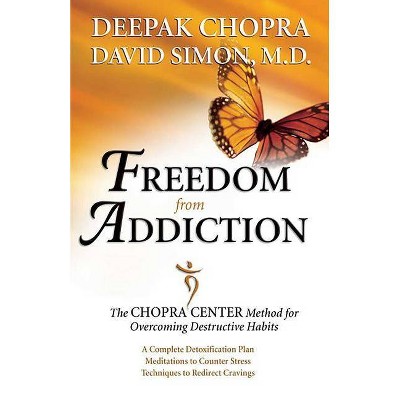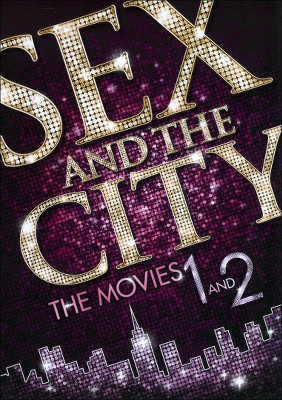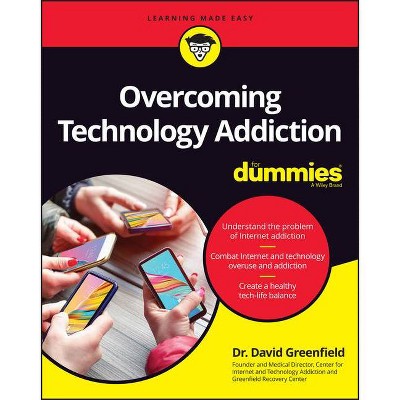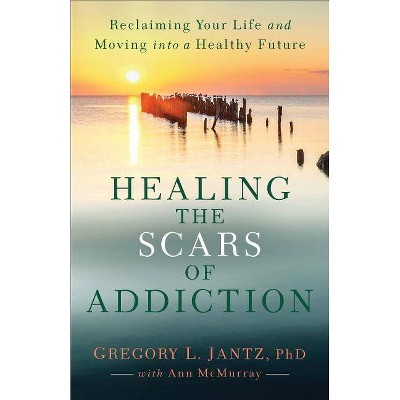The Myth of Sex Addiction - by David J Ley (Paperback)
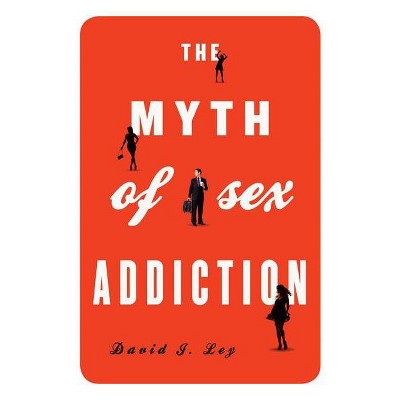
Similar Products
Products of same category from the store
AllProduct info
<p/><br></br><p><b> About the Book </b></p></br></br>In this controversial book, David Ley debunks the myth of sex addiction, showing how labeling it a disorder has wrested responsibility away from philandering men and excused their bad behavior as being out of their control. He takes on those who would label it a disease and ch...<p/><br></br><p><b> Book Synopsis </b></p></br></br>The media today is filled with powerful men in trouble for their sexual behaviors, and invariably, they are diagnosed as sexual addicts. Since Adam first hid his nakedness from God and pointed the finger at Eve, men have struggled to take responsibility for their sexuality. Over the past three decades, these behaviors have come to reflect not a moral failing, but instead, evidence of an ill-defined disease, that of "sexual addiction." The concept of sexual addiction is a controversial one because it is based on questionable research and subjective moral judgments. Labeling these behaviors as sex addiction asserts a false, dangerous myth that undermines personal responsibility. Not only does this epidemic of sex addiction excuses mislabel male sexuality as dangerous and unhealthy, but it destroys our ability to hold people accountable for their behaviors. By labeling males as weak and powerless before the onslaught and churning tide of lust, we take away those things that men should live up to: personal responsibility; integrity; self-control; independence; accountability; self-motivation; honor; respect for self and others. In The Myth of Sex Addiction, Ley presents the history and questionable science underlying this alleged disorder, exposing the moral and cultural judgments that are embedded in the concept, as well as the significant economic factors that drive the label of sex addiction in clinical practice and the popular media. Ley outlines how this label represents a social attack on many forms of sexuality-male sexuality in particular-as well as presenting the difficulty this label creates in holding people responsible for their sexual behaviors. Going against current assumptions and trends, Ley debunks the idea that sex addiction is real, or at least that it is as widespread as it appears to be. Instead, he suggests that the high-sex behaviors of some men is something that has been tacitly condoned for countless years and is only now labeled as a disorder as men are being held accountable to the same rules that have been applied to women. He suggests we should expect men to take responsibility for sexual choices, rather than supporting an approach that labels male sexual desire as a "demonic force" that must be resisted, feared, treated, and exorcised.<p/><br></br><p><b> Review Quotes </b></p></br></br><br>David Ley's book raises one important question after another about the nature of sexuality, the social phenomenon of "sex addiction," and the effects of our pathologizing so much of Americans' sexual feelings and behavior.--Marty Klein<br><br>Dr. David Ley raises crucial questions in his latest book--questions that demand serious consideration before we allow American society to drift even further toward declaring all pleasure potentially dangerous and pathological. Ley shows that the puritanism underlying our politics may also be distorting our medical sciences. This book is well informed, well argued, and well worth your time.--Christopher Ryan Ph.D, Co-author of Sex at Dawn: The Prehistoric Origins of Modern Sexuality<br><br>For anyone who has cringed once too often at the term "sex addiction"--or questioned the blanket use of "addiction" as an explanation for behavior that is really a matter of moral choice--Ley's demolition of the bad science and worse reasoning behind the sex addiction industry will be refreshing.--The Weekly Standard<br><br>I cannot stress enough how important this book is, not just to the helping professionals but to the general public who get the read and hear (incessantly) about someone famous who is called a "sex addict"....If you are a teacher, therapist, or just a sexual person, I cannot encourage you enough to read this book. It contains an enormous amount of data, is well written, and has a great index and endnotes.--Electronic Journal Of Human Sexuality<br><br>Ley has clearly thrown down the gauntlet, and hopefully the debate will continue.--CNN<br><br>Ley, a clinical psychologist and director of a behavioral health clinic, examines the position that the diagnosis of sex addiction is heavily influenced by social norms and values and is not a legitimate medical condition. He shows how what is labeled sex addiction is based on culture's social norms and covers a multitude of mostly male behavior. The fact that this behavior may be in conflict with social norms does not mean the individual has a psychiatric condition. In addition, the author argues, telling people their behavior is uncontrollable is a self-fulfilling prophecy. In chapters with titles like "Gender and Libido" and "Ignored Aspects of Masculinity," Ley examines the range of male sexuality and how that range is different from that of females. When norms are set based on female behavior, normal male behavior can be construed as pathological. "The label of sex addiction," writes Ley, "undermines our efforts to enforce expectations of responsibility, holding ourselves, and especially men, responsible for their choices and actions." The writing style is personal and easy to follow, and the book is well referenced with frequent case histories to clarify points. Summing Up: Highly recommended.--CHOICE<br><br>Sex addiction and its attendant diagnosed celebrities and reality TV shows may have been wholeheartedly embraced by the media, but this work of pop psychology takes issue with what clinical psychologist Ley (Insatiable Wives: Women Who Stray and the Men Who Love Them) deems a dubious disorder. Here, Ley asks whether sexual addiction is really a bona fide ailment or merely a "culturally bound concept reflecting changing social views of sexuality rather than medicine or scientific research." Ley suggests that the label of "addiction" removes the issue of morality from the conversation, whereas in fact--whether we like it or not--he asserts that "sexual behaviors involve choice." However, Ley acknowledges the appeal of calling it an addiction, quoting an anonymous ex-spouse of a so-called sex addict, who affirmed that it would've been easier to cope with her husband's serial infidelity had it been the product of impulses literally beyond his control. Ley makes a thoughtful and persuasive argument, using case studies and ample references to the work of other psychologists to flesh out his case. While serving as an excellent resource on sex addiction, Ley's study also sheds light on the myriad cultural and sociological factors that influence relationships.--Publishers Weekly<br><br>This book's exploration of the available science will fascinate any reader. Beyond observing that there is no credible body of evidence to support the notion of sexual addiction, David Ley describes many historical problems in attempting to define it.... Ley's writing style is highly accessible and entertaining. The structure and layout are excellent. He is meticulous in providing citations for his assertions, often preferring direct quotes to summaries.--ATSA Fourm<br><p/><br></br><p><b> About the Author </b></p></br></br>David J. Ley is a clinical psychologist in practice in Albuquerque, New Mexico. He provides clinical and consultative services in numerous other states. Dr. Ley currently serves as Executive Director of a large outpatient behavioral health agency in Albuquerque and maintains a current caseload of clients. He is the author of Insatiable Wives: Women Who Stray and the Men Who Love Them (Rowman & Littlefield, 2009).
Price History
Price Archive shows prices from various stores, lets you see history and find the cheapest. There is no actual sale on the website. For all support, inquiry and suggestion messages communication@pricearchive.us


